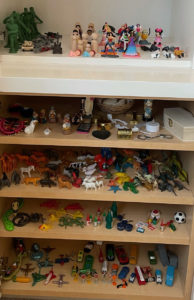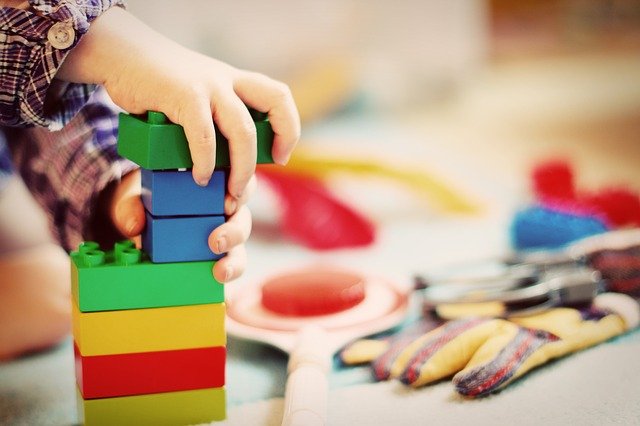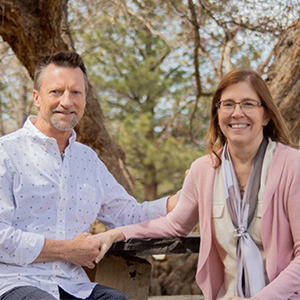Do you ever wonder how a counselor works with children? Children cannot sit on a therapist’s couch and share their thoughts and feelings the way adults can; they do not have the cognitive ability to do this. To work with children, a therapist must use a child’s natural language . . . play. Through play, children reveal their feelings through the toys they choose, and the stories they act out with them.
Sandplay Therapy
One specialized form of play therapy is called Sandplay therapy. Children can choose either a tray of wet or dry sand as well as a variety of miniature toys to place in the sand. Miniatures may include anything from farm animals and dinosaurs to people, superheroes and vehicles. Trees, fences, household items, and buildings are common as well.


Each facet of the sand tray picture a child creates has meaning: which toys are chosen in what order, how close or far apart the items are placed, which direction the toys are facing. In creating a sand tray picture, the child’s view of the world, and their life experiences are acted out in a safe and fun way. Worries and concerns hidden in the child’s mind are brought to the surface, and problems are worked out in a way that the child can then assimilate into their real life.

Is Sandplay Therapy Only for Children?
No. Sandplay therapy is useful for adults as well. It can be used for treating many psychological issues such as anxiety, depression and PTSD. Since it is a non-verbal technique, Sandplay therapy can be used to work through a client’s trauma in a way that doesn’t re-traumatize them. Sandplay helps clients access their unconscious issues, bringing them to their conscious awareness. Working in the sand, physically holding and moving the miniatures helps clients feel grounded. As clients do sand trays over time, it is possible to visually see their issues being resolved.
With adults, I (Lisa) often combine sandplay with talk therapy. Once an unconscious issue has become conscious to an adult, we often talk about what it means, and how an issue can be resolved.
If you have a child who is struggling, or if you have found other types of counseling lacking and would like to try this unique modality, contact us today.



